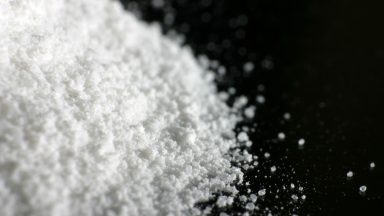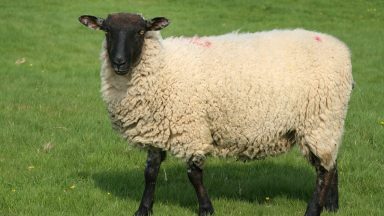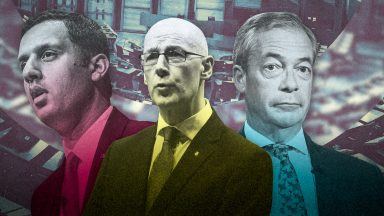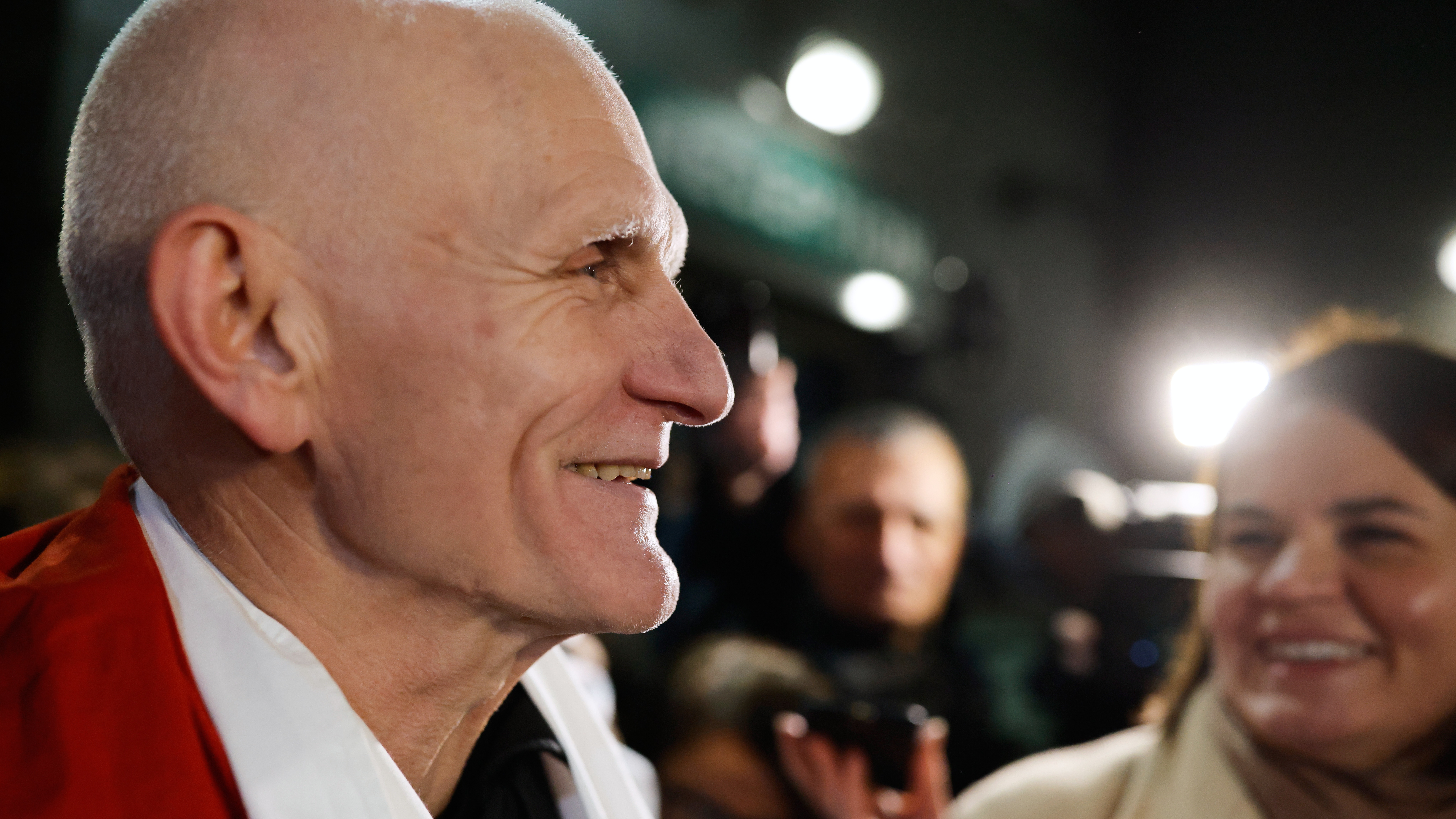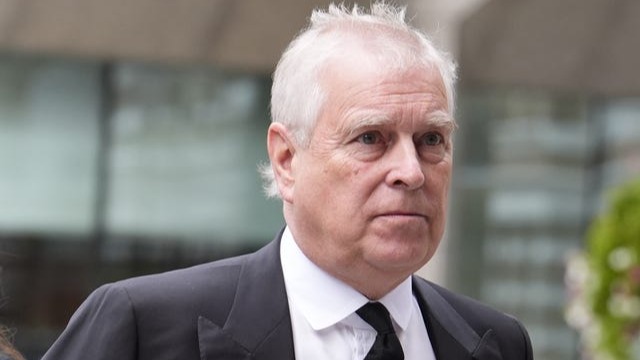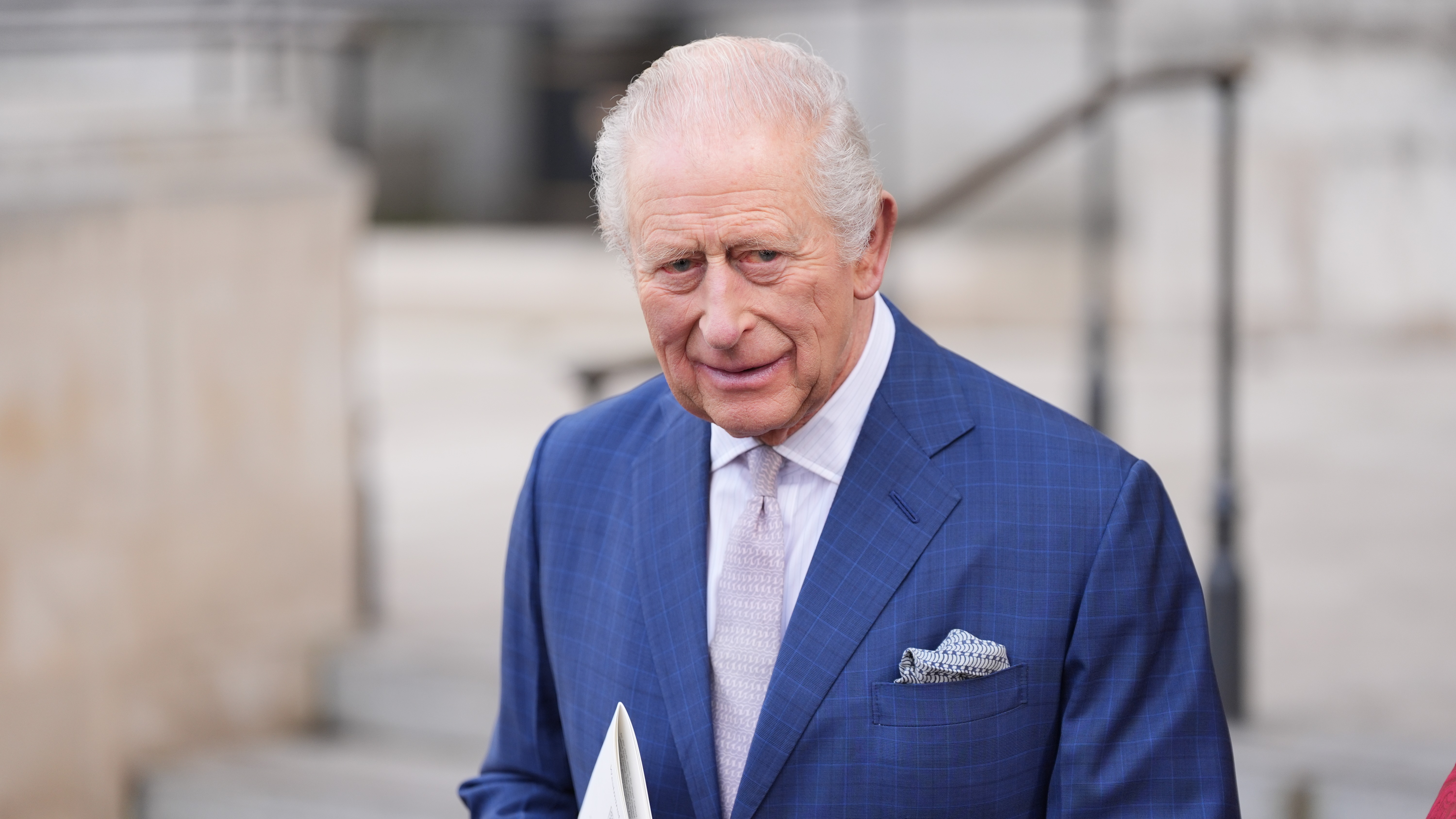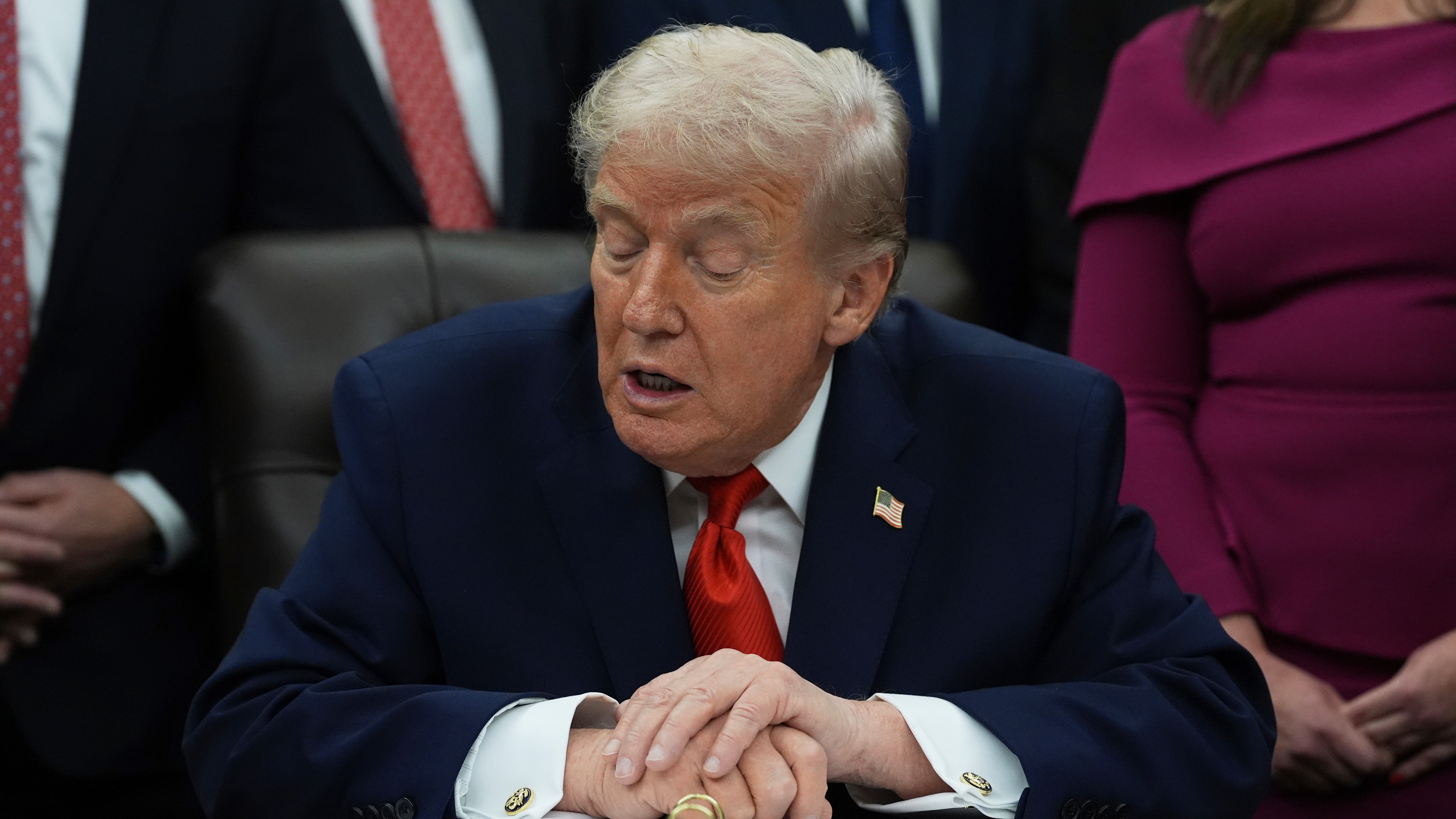Inflation slowed to its lowest for 17 months in July due to a fall in energy prices and a slowdown in food price increases, according to official figures.
The Office for National Statistics (ONS) said Consumer Prices Index inflation was 6.8% in July, down from 7.9% in June.
It is the lowest rate since February 2022.
Chancellor Jeremy Hunt said the easing of inflation shows “the decisive action we’ve taken to tackle inflation is working” but “we’re not at the finish line”.
“We must stick to our plan to halve inflation this year and get it back to the 2% target as soon as possible,” he added.
Prime Minister Rishi Sunak pledged at the start of the year to cut inflation in half, from a level of 10.7%, by the end of 2023.
Economists have most recently forecast that the Government will just achieve this, with the Bank of England currently projecting inflation to be around 4.9% in the last three months of the year.
The latest inflation reading was marginally below expectations, with analysts having predicted a reading of 6.7% for the month.
ONS deputy director of prices Matthew Corder said: “Inflation slowed markedly for the second consecutive month, driven by falls in the price of gas and electricity as the reduction in the energy price cap came into effect.
“Although remaining high, food price inflation has also eased again, particularly for milk, bread and cereal.
“Core inflation was unchanged in July, with the falling cost of goods offset by higher service prices.”
The ONS said lower energy prices, which have slumped after volatility sparked by the Russian invasion of Ukraine, were a key driver in the slowdown in inflation.
From the start of July, the average price for each unit of electricity that someone uses was slashed to 30p per unit, while gas prices fell to 8p per unit, meaning the average annual energy bill for a household dropped to £2,074 from the capped rate of £2,500.
Gas prices declined by more than 25% in July against the previous month due to the cap change, while electricity prices were 8.6% lower.
Soaring food inflation also slowed down markedly, contributing to the reduction in the overall inflation rate.
Food prices increased by 14.9% in July against the same month last year, easing back from 17.3% growth for June.
The fresh inflation data comes a day after the ONS revealed that wages grew at a record pace over the three months to June, with regular pay growth, which excludes bonuses, reaching 7.8% compared with a year earlier.
Nevertheless, wages were still 0.6% lower once inflation for the period was taken into account.
Follow STV News on WhatsApp
Scan the QR code on your mobile device for all the latest news from around the country


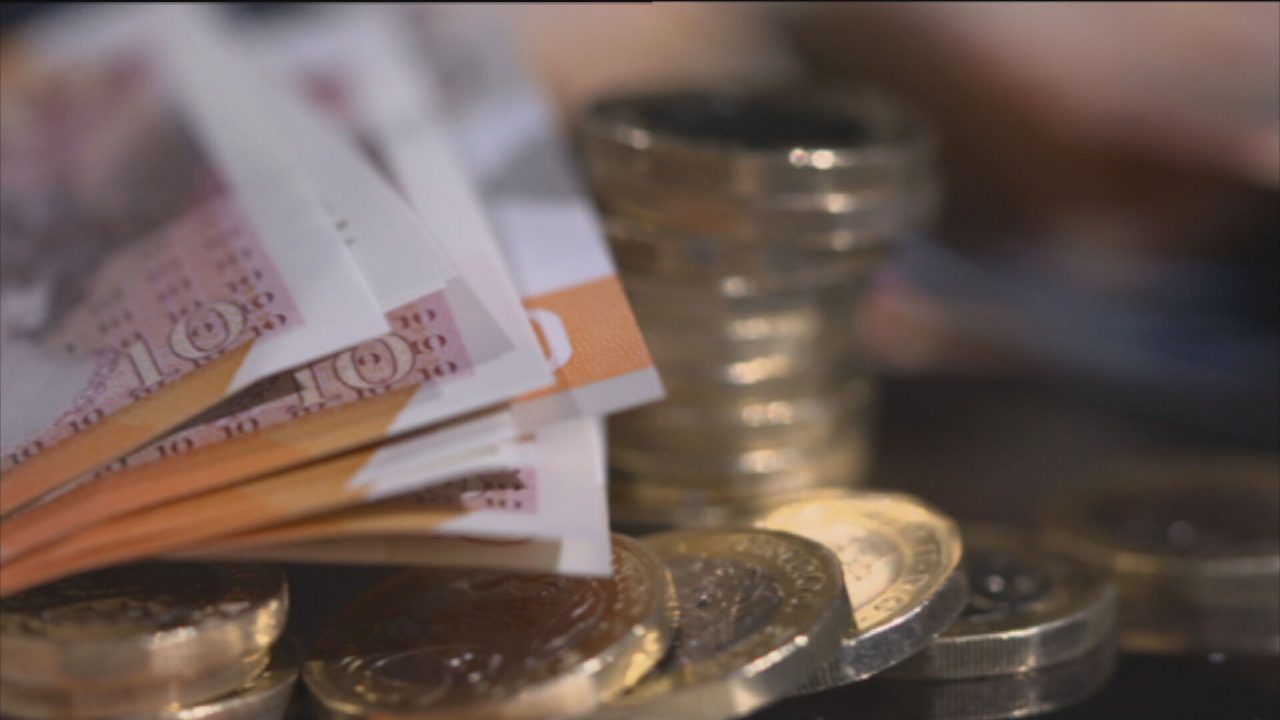 STV News
STV News



